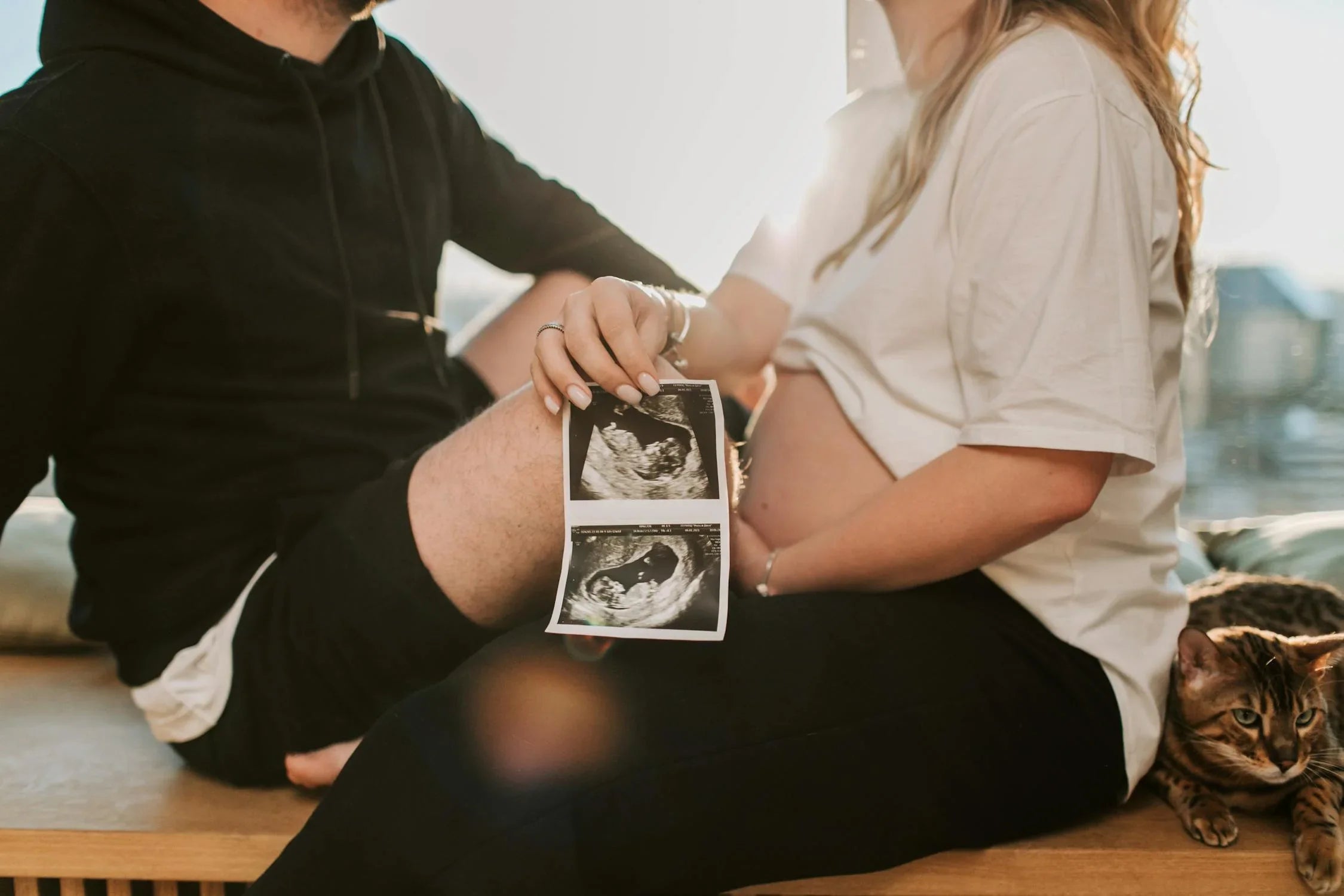Home
Pregnancy, Breastfeeding, and Pumping: The Ultimate Guide for Moms
Is It Too Soon for a Pregnancy Test? What You Need to Know

Is It Too Soon for a Pregnancy Test? What You Need to Know
When you suspect you might be pregnant, the anticipation can be overwhelming. The question 'Is it too soon for a pregnancy test?' often arises, and the answer isn't always straightforward. Understanding the science behind pregnancy tests and the timing of conception can help you make informed decisions and avoid unnecessary stress.
How Pregnancy Tests Work
Pregnancy tests detect the presence of human chorionic gonadotropin (hCG), a hormone produced by the placenta after a fertilized egg attaches to the uterine lining. This hormone starts to build up in your body shortly after conception, but it takes time to reach detectable levels. Most home pregnancy tests claim to provide accurate results as early as the first day of a missed period, but the timing can vary depending on the test's sensitivity and your unique physiology.
When Is the Best Time to Take a Pregnancy Test?
The ideal time to take a pregnancy test depends on several factors, including the length of your menstrual cycle and when you ovulated. For most women, testing on or after the first day of a missed period yields reliable results. However, if you have irregular cycles or aren't sure when your period is due, waiting at least two weeks after unprotected intercourse is recommended. Testing too early can lead to false negatives, as hCG levels may not yet be high enough to detect.
Early Signs of Pregnancy
While a pregnancy test is the most definitive way to confirm pregnancy, there are early signs that might prompt you to take one. These include missed periods, nausea, breast tenderness, fatigue, and frequent urination. However, these symptoms can also be caused by other factors, such as stress or hormonal changes, so they shouldn't be relied upon as definitive proof of pregnancy.
Common Mistakes to Avoid
Taking a pregnancy test too soon is one of the most common mistakes people make. Other errors include not following the test instructions carefully, using an expired test, or reading the results outside the recommended time frame. To ensure accuracy, always use a test that is within its expiration date, follow the instructions precisely, and take the test first thing in the morning when hCG levels are most concentrated.
What to Do If You Get a Negative Result
If you receive a negative result but still suspect you might be pregnant, wait a few days and test again. hCG levels double every 48 to 72 hours in early pregnancy, so a test taken a few days later might yield a positive result. If you continue to experience symptoms or have concerns, consult a healthcare professional for further evaluation.
When to See a Doctor
If you've received a positive pregnancy test result, it's important to schedule an appointment with a healthcare provider to confirm the pregnancy and begin prenatal care. Even if your test is negative but you're experiencing unusual symptoms or have concerns about your reproductive health, seeking medical advice is always a good idea.
Understanding when to take a pregnancy test and how to interpret the results can save you from unnecessary stress and confusion. By waiting for the right time and following best practices, you can increase the likelihood of an accurate result and take the next steps with confidence. Whether you're hoping for a positive or negative outcome, knowledge is your greatest ally in this journey.
Share
